If you’re planning to purchase property in Bangladesh, it’s crucial to have a clear understanding of the property-related taxes and fees you may encounter. These costs can vary depending on the type and location of the property, and they play a significant role in the country’s revenue generation. In this article, we’ll provide a comprehensive overview of the property taxes and fees in Bangladesh, including the latest information, rates, and potential changes.
1. VAT on Apartment Purchase:
When you decide to buy an apartment or flat in Bangladesh, you should be aware of the Value Added Tax (VAT) implications. The VAT rate is not a fixed percentage but rather depends on the size of the apartment. For smaller apartments under 1600 sq ft, you’ll be subject to a 2% VAT on the deed value. However, for larger apartments above 1600 sq ft, the VAT rate increases to 4.5%. For example, if you’re purchasing a 1400 sq ft apartment for Tk 50 lakh, the VAT would be 2% of Tk 50 lakh.
2. Land Registration Tax:
The property registration tax in Bangladesh is a significant expense for property buyers. Typically, it is set at 10% of the property’s purchase price. However, recent discussions suggest the government may double this tax to 8% of the deed value or Tk 20 lakh, whichever is higher, starting from the next fiscal year. For instance, if you buy a property for Tk 1 crore, the current tax is Tk 10 lakh, but it might increase to Tk 20 lakh.
3. Gains Tax:
The gains tax on land and property transactions in Bangladesh has recently been raised to 8% from the previous 4% in certain areas. This increase in gains tax can significantly impact your overall property investment. If you sell a property in an area where the gains tax has been raised, and you make a profit of Tk 30 lakh, you would need to pay Tk 2.4 lakh in gains tax.
4. Source Tax on Land Registration:
The source tax on land registration is calculated based on the property’s value and can range from 2% to 8%. This tax is important to consider, as it directly affects your registration costs. For example, if you are registering a property worth Tk 80 lakh, a 6% source tax would amount to Tk 4.8 lakh.5. Local Government Tax:
Apart from national taxes, there are various local government taxes that may apply. These include land development tax and union parishad tax, among others. These local taxes can vary based on the location of your property and its intended use. It’s essential to consult with local authorities to determine the specific taxes that may apply to your property.
Property taxes and fees are essential for the government’s revenue generation and can undergo changes based on fiscal policies. Therefore, it’s crucial to stay informed and consult with tax professionals or local authorities for the most up-to-date and accurate information when considering property transactions in Bangladesh.
Examples:
1. Mr. Rahman’s Apartment Purchase: Mr. Rahman decided to buy a 1700 sq ft apartment in Dhaka, Bangladesh. He paid Tk 80 lakh for the property. Due to the size of the apartment, he had to pay a 4.5% VAT on the deed value, which amounted to Tk 3.6 lakh.
2. Ms. Ahmed’s Land Sale: Ms. Ahmed sold a piece of land in Chittagong and made a profit of Tk 40 lakh from the sale. However, due to the increased gains tax rate of 8% in that area, she had to pay Tk 3.2 lakh in gains tax to the government.
In conclusion, understanding the property taxes and fees in Bangladesh is crucial for anyone looking to buy, sell, or register property in the country. These costs can significantly impact your investment, and staying informed about the latest tax rates and regulations is essential to make informed financial decisions.




